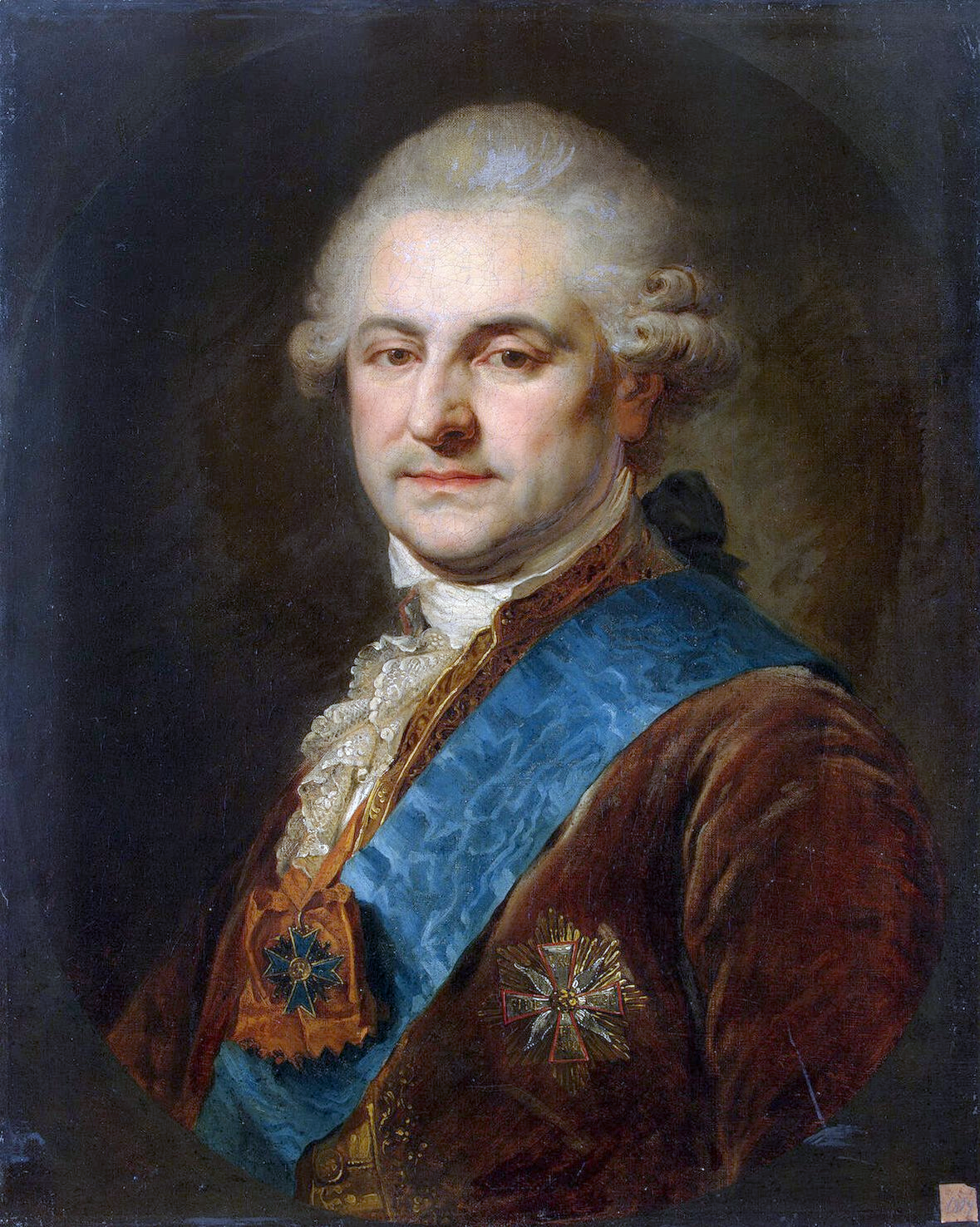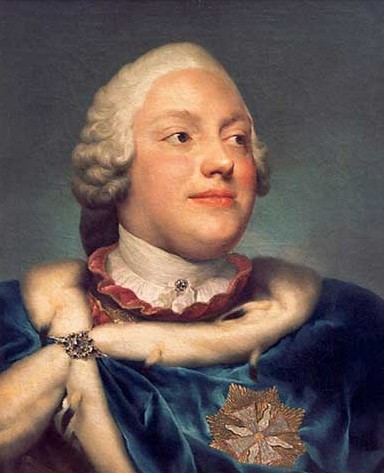The conflict in eastern Europe between 1768 and 1772 is known and was known by many names, the Polish Civil War, the Confederate Uprising, the Crimean War, but the title of the Third War of Polish Succession, though not strictly accurate, is the one that is most widely used and is representative of the war as a whole rather than painting it as a local or regional conflict. The origins of the Third War of Polish Succession (the first two being 1587-1588 and 1733-1738) stem from the ‘election’ of Stanislaw II August Poniatowski as king of Poland in 1764, a nomination that was encouraged by Russian troops. This rigged election upset many leading Polish aristocrats and religious leaders who wished to rid Poland of Russian influence. Following the Four Year’s War (1756-1760) the Prussians began taking an active interest in developments in Poland. The alliance with Britain, though helpful, was strained and the Prussians needed to look for a continental ally, thus they began secret negotiations with the anti-Russian forces in Poland, also pro-Prussian lobbying is stepped up in Istanbul.
King Stanislaw:

In 1768 a meeting of these Polish-Lithuanian nobles meet at the fortress of Bar. They declared their intentions to be the removal of Russian influence from the Commonwealth and the deposing of King Stanislaw August Poniatowski, who was seen as a Russian puppet. The Confederate forces soon began taking control of the west of the country, while a simultaneous revolt breaks out in Polish controlled Ukraine. They begin raising an army in the west and use weapons imported from Prussia. The Bar Confederation immediately send a message to Berlin, offering the return of East Prussia in exchange for Prussian aid. The young Prussian King, Frederick William II, is encouraged by his hawk-like ministers, who were angry with the Treaty of Dresden, to recognise the Confederate cause, as indeed many of its members have been Prussian allies since the end of the Four Year’s War. Prussian forces begin mobilisation and veteran Prussian officers are sent to advise the Confederate forces. This is met by a declaration of war on Prussia by the Russians and King Stanislaw August. The current Elector of Saxony, Frederick Christian [1], was the son of the previous king of Poland, and begins negotiations with Prussia and the Bar Confederation, offering himself as an alternative to King Stanislaw.
Frederick Christian:

In September a force of Russian Cossacks sent to aid King Stanislaw pursue a Confederate force into Ottoman territory [2]. The Ottoman Sultan Mustafa III, a reform minded king who was determined to reverse the Ottoman decline, with backing and encouragement from his Prussian allies, declared war on Russia and Stanislaw in response. A Prussian army under the command of General Wichard von Mollendorf invades western Poland late in the year and heads straight for East Prussia in an attempt to take Konigsberg from the pro-Stanislaw garrison. The Prussians are opposed to the plans of Frederick of Saxony and influence the Confederates to refuse the Saxon’s offer. Upon hearing of the rejection King Stanislaw sends an alternative offer to Saxony. He offers to wed his daughter Izabela to Frederick Christian’s son Frederick Augustus and will name Augustus as his heir to the Polish throne if Saxony intervenes against Prussia, thus recreating the dynastic union of Poland and Saxony.
Leaders of the Bar Confederation at prayer before a battle:
[1] Died in OTL in 1763 of smallpox
[2] OTL
